If you love Wild Orchard’s organic green tea, you already know it’s good for your body and soul. But did you know your houseplants could benefit from it too? That’s right — those brewed and steeped organic green tea leaves you’d usually discard can actually be repurposed to nourish your plants and garden. At Wild Orchard, we believe in sustainability from soil to sip. Here’s how you can turn your daily tea ritual into a zero-waste gardening habit.
Don’t toss your tea leaves after the first brew — Wild Orchard green tea can be steeped 2–3 times for a full range of flavor and benefits. Simply return the strained leaves to your teapot and rebrew. Once you’ve fully enjoyed your tea, the leaves don’t go to waste — add them to your cooking for a subtle, earthy note or repurpose them in the garden to nourish your plants.
Why Green Tea Leaves?
Wild Orchard green tea is 100% organic, shade-grown, and harvested with care — which means what’s left behind in your teacup is just as clean and beneficial as what you drank. Organic green tea leaves offer plenty of benefits; they are rich in antioxidants, minerals, and organic matter that support healthy plant growth. They can:
- Enrich the soil with nitrogen and other nutrients.
- Improve soil texture by adding organic material.
- Enhance water retention in potting mixes.
- Repel pests naturally due to their mild acidity and polyphenol content.
3 Easy Ways to Use Green Tea Leaves for Plants
Here’s how to make the most of your steeped tea leaves:
1. Top Dressing for Soil Health
After steeping your Wild Orchard green tea, scoop out the cooled, damp leaves and sprinkle them lightly around the base of your houseplants. This acts like a gentle mulch, improving moisture retention and gradually releasing nutrients into the soil. Tip: Don’t overdo it—too thick a layer can mold. A teaspoon or two per small pot is plenty.
2. Compost Booster
If you compost at home, organic green tea leaves are an excellent “green” material to balance out “brown” elements like cardboard or dry leaves. They break down quickly and feed the microbial life that makes compost thrive. Wether it is loose leaf tea or tea bags, you are sure to feed your soil and plants with them. Pro tip: Tea bags made from biodegradable, plastic-free material (like Wild Orchard’s) can go into the compost too!
3. Liquid Plant Food (Tea-Infused Water)
You can also reuse your Wild Orchard green tea to water your plants. After you're done with steeping your leaves, dilute the leftover tea with water at a 1:4 ratio. This creates a mild, nutrient-rich solution perfect for ferns, monsteras, and peace lilies.
Plants That Love Green Tea
Not all plants respond the same way to tea leaves. Acid-loving plants such as:
- Spider plants
- Ferns
- Begonias
- African violets
- Boston ferns
…tend to do particularly well with this natural boost.
No matter what type of organic tea leaves you have on hand — whether it’s loose leaf tea or tea bags — they can all be put to good use in your garden. Wild Orchard offers a diverse selection of award-winning teas, including green, botanical blends, oolong tea, and specialty blends, all made from pure, organic ingredients. After you’ve enjoyed your cup, those same nutrient-rich leaves can be recycled to nourish your soil, support plant health, and reduce waste. It’s a simple, sustainable way to extend the life of your tea — from teapot to garden bed.
Final Thoughts
Sustainability doesn’t have to be complicated. With Wild Orchard’s organic green tea, you’re already making a conscious choice — now you can take that one step further by giving your houseplants a little love from your teacup. It’s one more way to live in harmony with nature, one sip (and sprinkle) at a time. Have you tried using tea leaves in your plant care routine? Share your tips or photos with us on Instagram @wildorchardtea. Let’s grow green together!

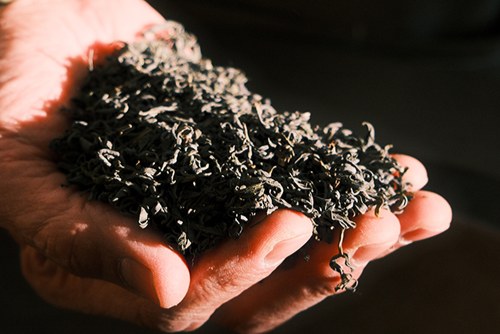
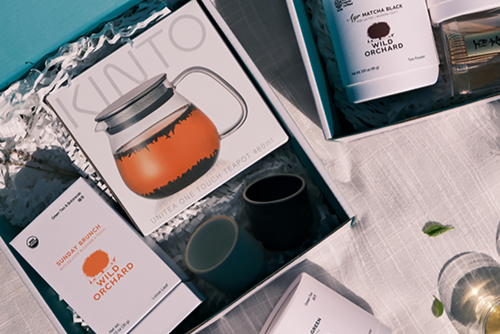
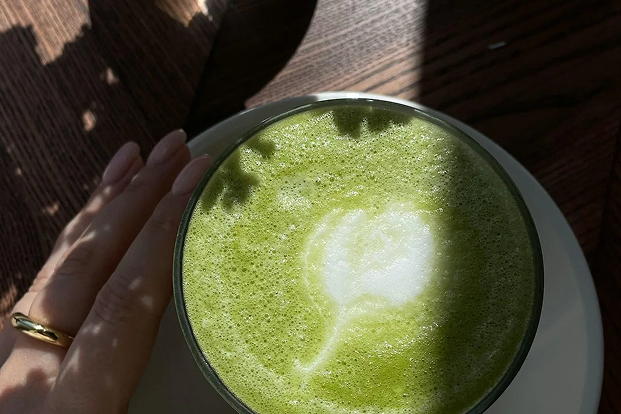
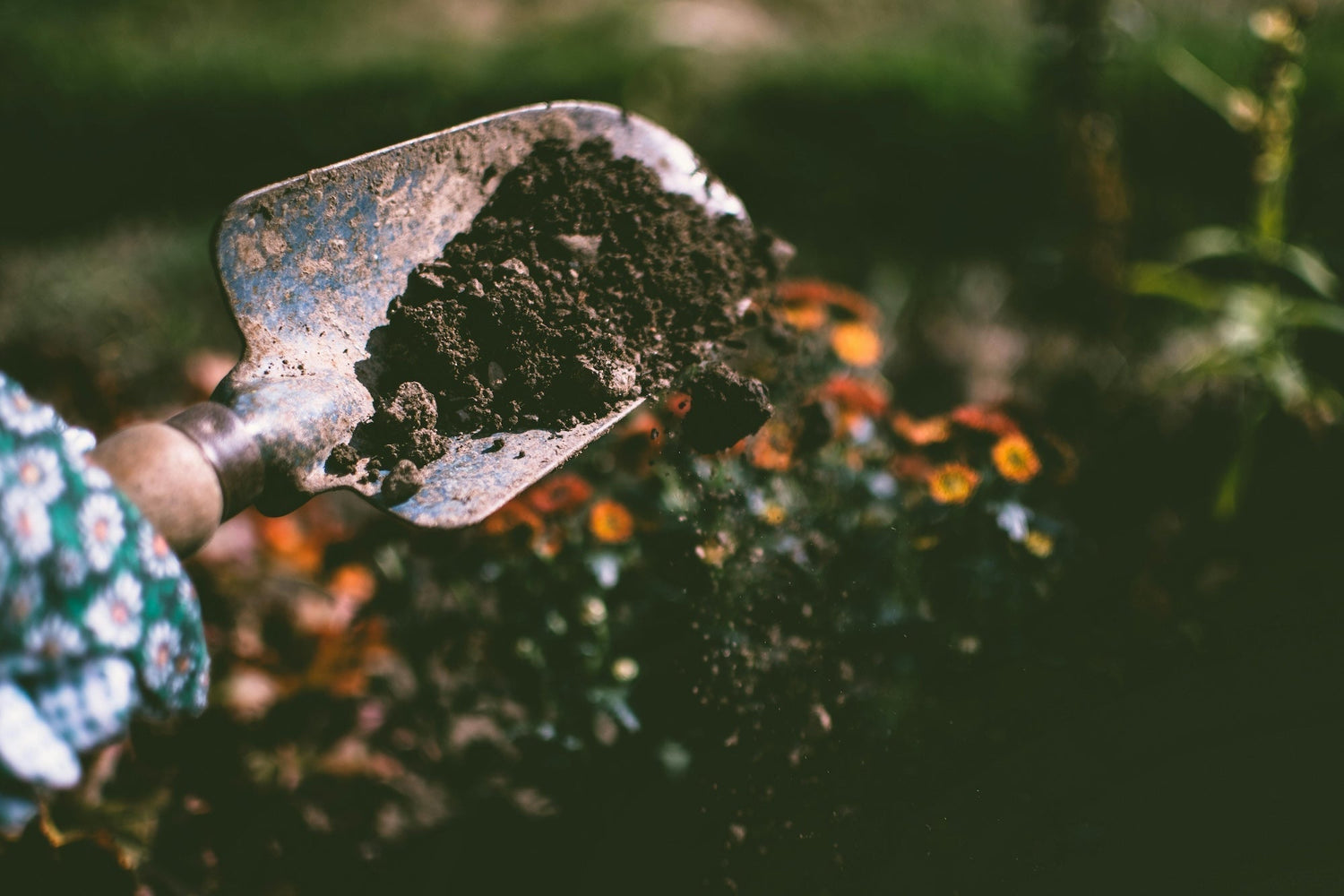
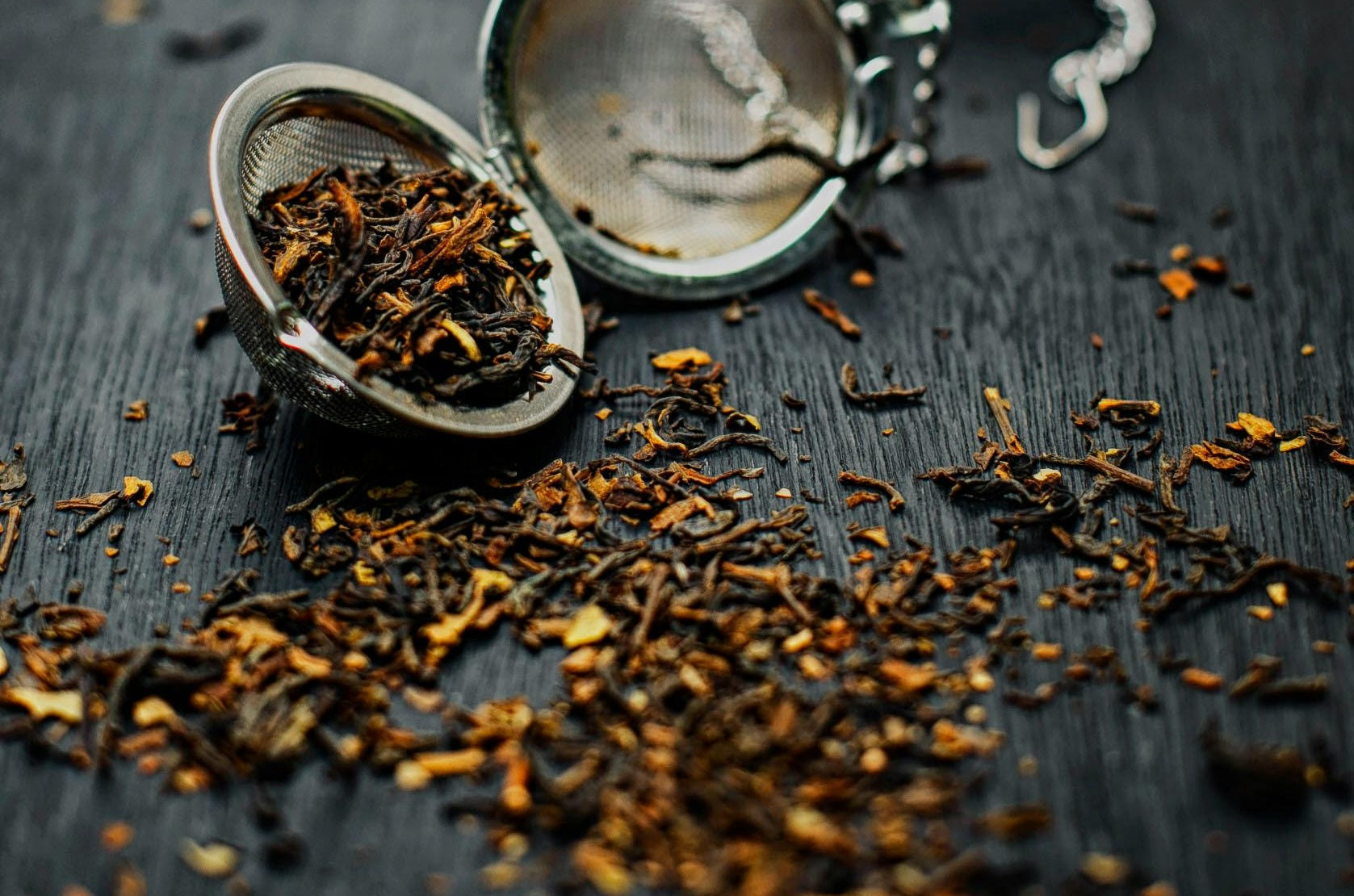
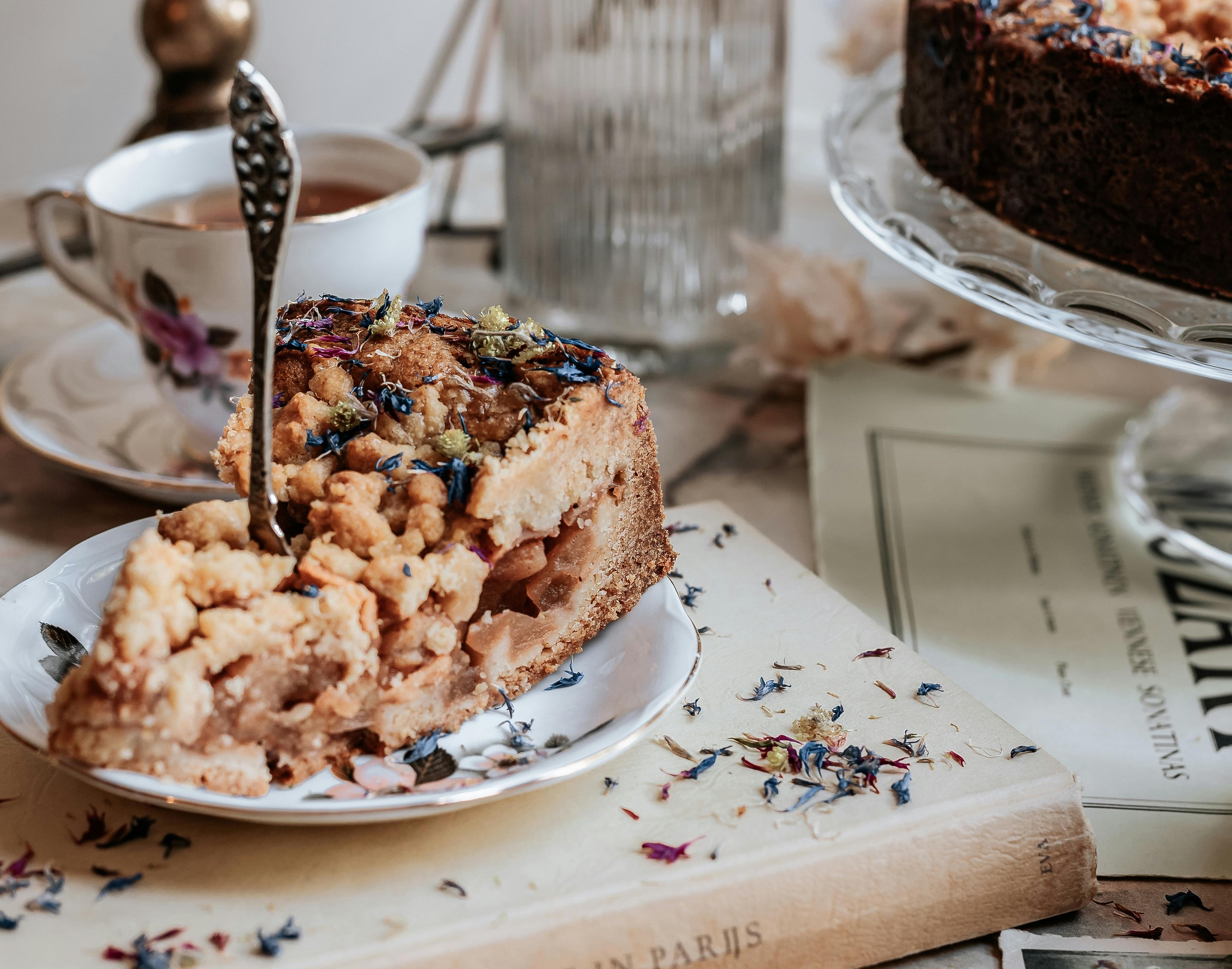
Leave a comment
This site is protected by hCaptcha and the hCaptcha Privacy Policy and Terms of Service apply.